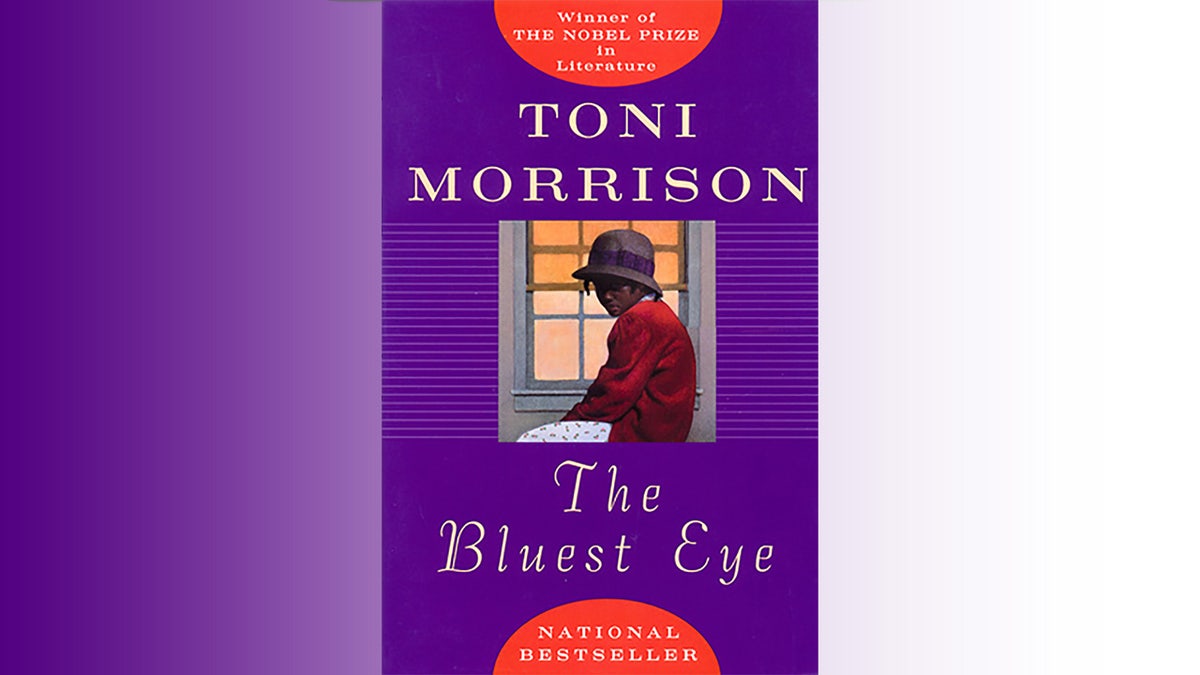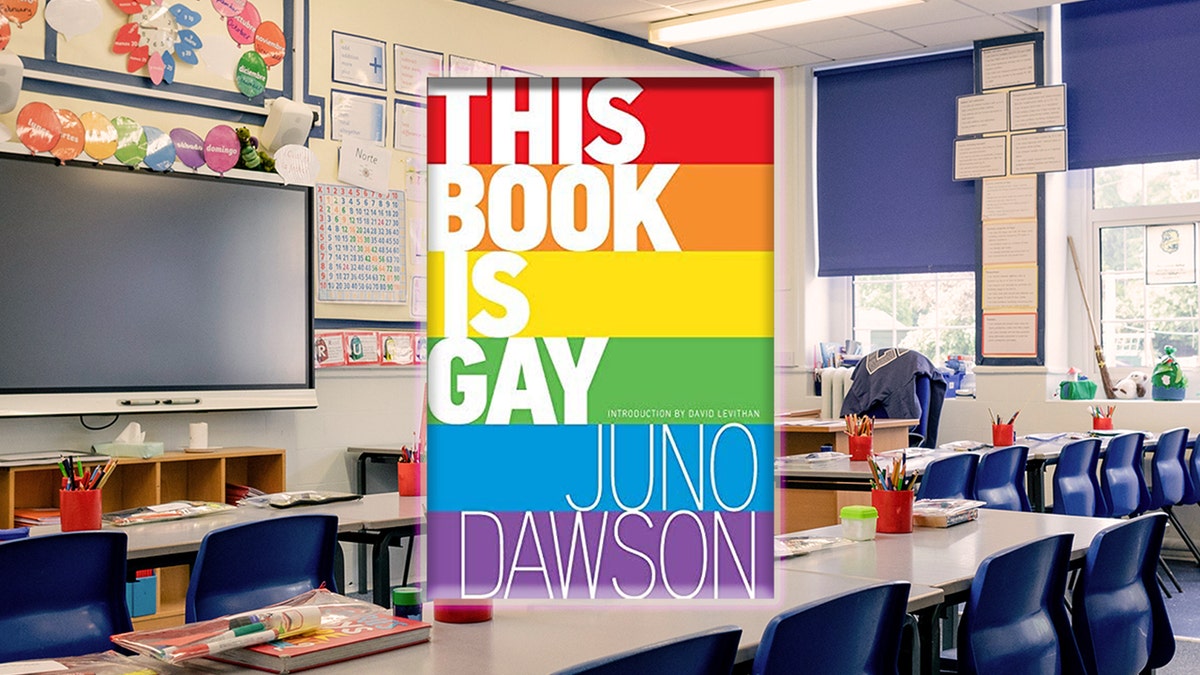NJ parents sued for speaking out against sexualized books for kids
New Jersey parents Christina Balestriere and Kristen Cobo discuss being sued by a school librarian for speaking out against 'inappropriate books' on 'Jesse Watters Primetime.'
A book publisher is suing a Florida school district over their decision to ban several books, claiming it is a violation of First Amendment rights.
The lawsuit was filed on behalf of book publisher Penguin Random House and PEN America Center, Inc., a group that champions free speech, and two parents of students attending Escambia County School District [ECSD]. THey are challenging the decisions of the school district and the Escambia County School Board to remove and restrict books from libraries.
Suzanne Nossel, the CEO of PEN America, said in a statement that removing books from school libraries teaches students that they are dangerous.

Photo of empty library shelves after Governor DeSantis signed into law re-evaluating the books allowed in Florida Schools (Brian Covey / LOCAL NEWS X /TMX)
"Children in a democracy must not be taught that books are dangerous. The freedom to read is guaranteed by the constitution," Nossel said. "In Escambia County, state censors are spiriting books off shelves in a deliberate attempt to suppress diverse voices. In a nation built on free speech, this cannot stand. The law demands that the Escambia County School District put removed or restricted books back on library shelves where they belong."
The lawsuit called out the school district for ignoring their existing policies on reviewing the content of books.
"The School District and the School Board have done so based on their disagreement with the ideas expressed in those books. They have repeatedly ignored their existing policies for review," the lawsuit states. "In every decision to remove a book, the School District has sided with a challenger expressing openly discriminatory bases for challenge, overruling the recommendations of review committees at the school and district levels."
ESCD has banned "The Bluest Eye" by Toni Morrison, "And Tango Makes Three" by Peter Parnell and Justin Richardson and "Lucky" by Alice Sebold were among the books banned by the ESCD.
"All Boys Aren’t Blue," was the only book to be removed by a unanimous vote. The book is a "memoir of growing up Black and gay."
The lawsuit comes after Florida Gov. Ron DeSantis pushed his education law that prohibits school employees or third parties from giving classroom instruction on "sexual orientation" or "gender identity" in all grades in K-3 but was recently extended to include all grades.

The Bluest Eye Toni Morrison (Toni Morrison | Fox News Digital)
PEN America recently published a report that showed hat nearly 1,500 books were banned in the first half of the 2022-2023 school year. According to PEN America’s Index of School Book Bans lists, there were 1,477 instances of individual books banned during the first half of the 2022-23 school year.
PEN America recorded more book bans during the fall 2022 semester than in each of the prior two semesters.
PEN America also reports that 30% of the "unique titles" banned are books about race, racism, or feature characters of color. They also note that 26% of unique titles banned have LGBTQ+ characters or themes.
PEN American claimed that they have tracked book-banning efforts for the past two years by documenting the growth of groups advocating for book bans, the widespread challenges to books across the nation, efforts on the local level such as school district policies and procedures, and the state-level policies.

Fox News Digital previously reported that 'This Book is Gay,' which contains information on BDSM/kink, was found in DoDEA schools. (Juno Dawson | iStock)
CLICK HERE FOR THE FOX NEWS APP
The book ban issue has been prevalent in red states such as Texas, Florida, Missouri, Utah, and South Carolina where local school boards took up the issue.
For instance, the Hillsborough County, Florida school board recently decided to ban "This Book Is Gay" from middle school libraries on March 28. "This Book Is Gay" was ranked ninth among the most banned books in the U.S. according to Vanderbilt University. The book includes information on hookup apps and explaining various fetishes and kinks.


